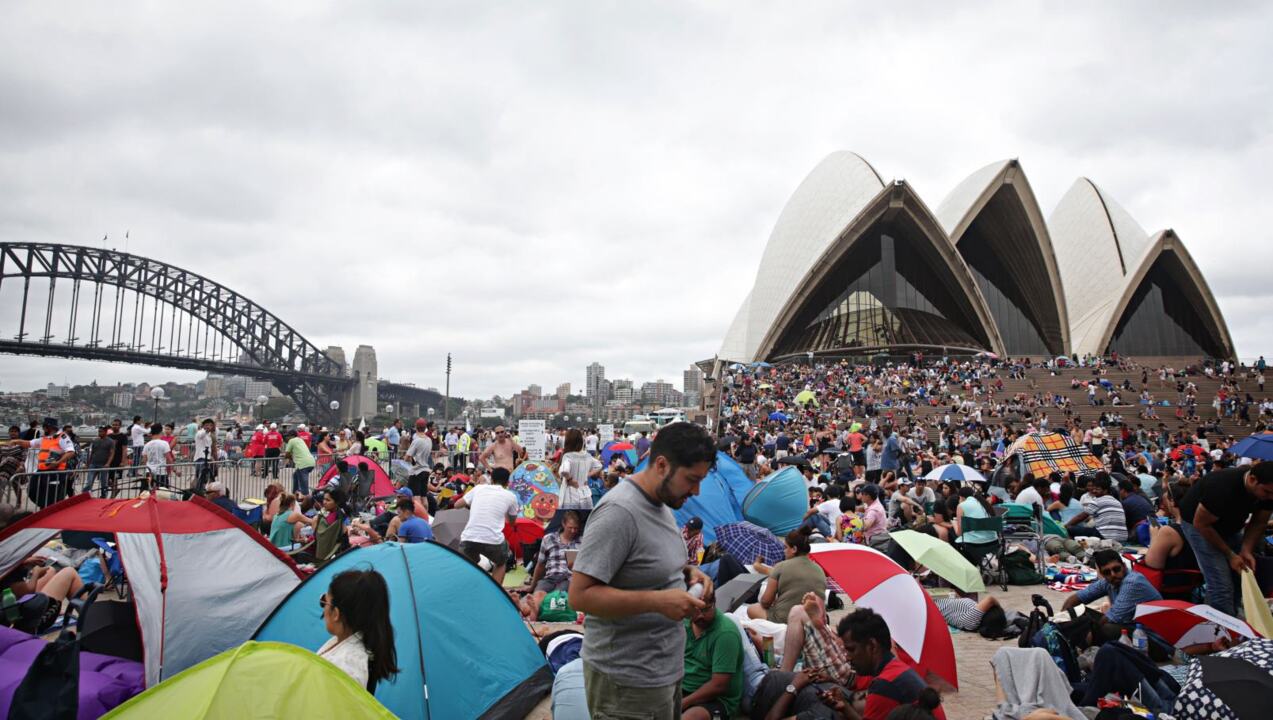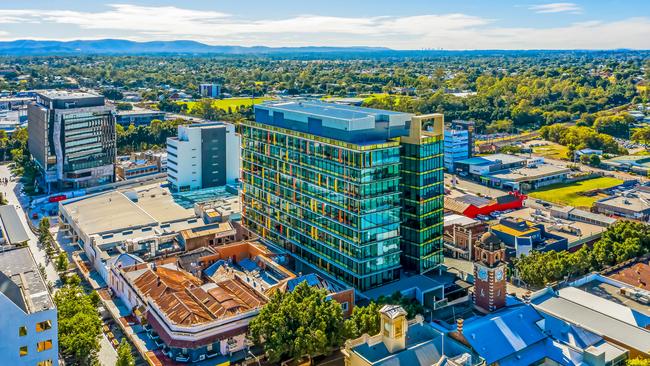More people, fewer Christians: What 2021 Census data says about Ipswich
Ipswich continues to be one of Australia’s most in-demand regions with a population increase of more than 35,000 over the past six years, new Census data has revealed. FIND A FULL BREAKDOWN OF DATA

Ipswich
Don't miss out on the headlines from Ipswich. Followed categories will be added to My News.
New Census data has revealed Ipswich is one of the fastest-growing regions in the country; suggesting also an ageing population, higher rents, and a historic shift from religion to atheism.
The Australian Bureau of Statistics began releasing the highly-anticipated 2021 Census data on Tuesday June 28, providing some insight into the effects of Covid-19 on the nation.
The data indicated Ipswich was the 30th fastest-growing region in the country with a population of 229,208 in 2021, up from 193,733 in 2016.
Its neighbour Brisbane is Australia’s most densely-populated region with about 1.24 million people in 2021 compared with 1.18 million in 2016, followed by the Gold Coast which had a population of 625,087 in 2021 and 575,303 in 2016.
According to the new data, about 50.6 per cent of the Ipswich population is female and 49.4 per cent is male. Residents now have a median age of 33 years, where they had a median age of 32 in 2016.
The median weekly personal income for people aged 15 years and over in Ipswich has increased from $667 to $795 since 2016, while weekly rent has increased from $310 to $330.
It would seem fewer people in Ipswich are getting married, with the percentage of married people now just 42.2 per cent of the population compared with 44.1 per cent in 2016. De facto marriages increased in popularity by 0.7 per cent over the past six years.
About 40.4 per cent of people reported in 2021 never being married, up from 38.3 per cent of people in 2016, and more couples are childless today than were six years ago.

In 2016, the percentage of couples without children was 31.7 per cent where it is now 32 per cent. The number of couples with children has dropped from 45.7 per cent to 44.8 per cent.
Single parents are still predominantly — 81.1 per cent — female today. However this figure did drop slightly since 2016, when 82.2 per cent of single parents were women.
The new data has proven Christianity remains the dominant religion among Ipswich residents, but not by much.
In 2016, Christianity was by far the largest religious group with 62.5 per cent identifying with the faith. This percentage dropped to just 48.2 per cent by last year, while the percentage of people who identify with no religion surged from 29.7 to 41.5.
Among the suburbs where Christianity was the most popular religion last year were Rosewood, Brassall, Churchill - Yamanto, East Ipswich, North Ipswich, Karalee - Barellan Point, North Ipswich - Tivoli, Raceview, Camira - Gailes, Collingwood Park - Redbank, Goodna, Redbank Plains, Springfield, Augustine Heights - Brookwater, and Bellbird Park.
Meanwhile, residents of Bundamba, Central Ipswich, Karana Downs, Leichhardt - One Mile, Ripley, Riverview, Carole Park, New Chum, and Springfield Lakes identified, predominantly, as being without religion.
The percentage of Ipswich residents who identified as Catholic and Anglican also fell quite considerably between 2016 and last year.




